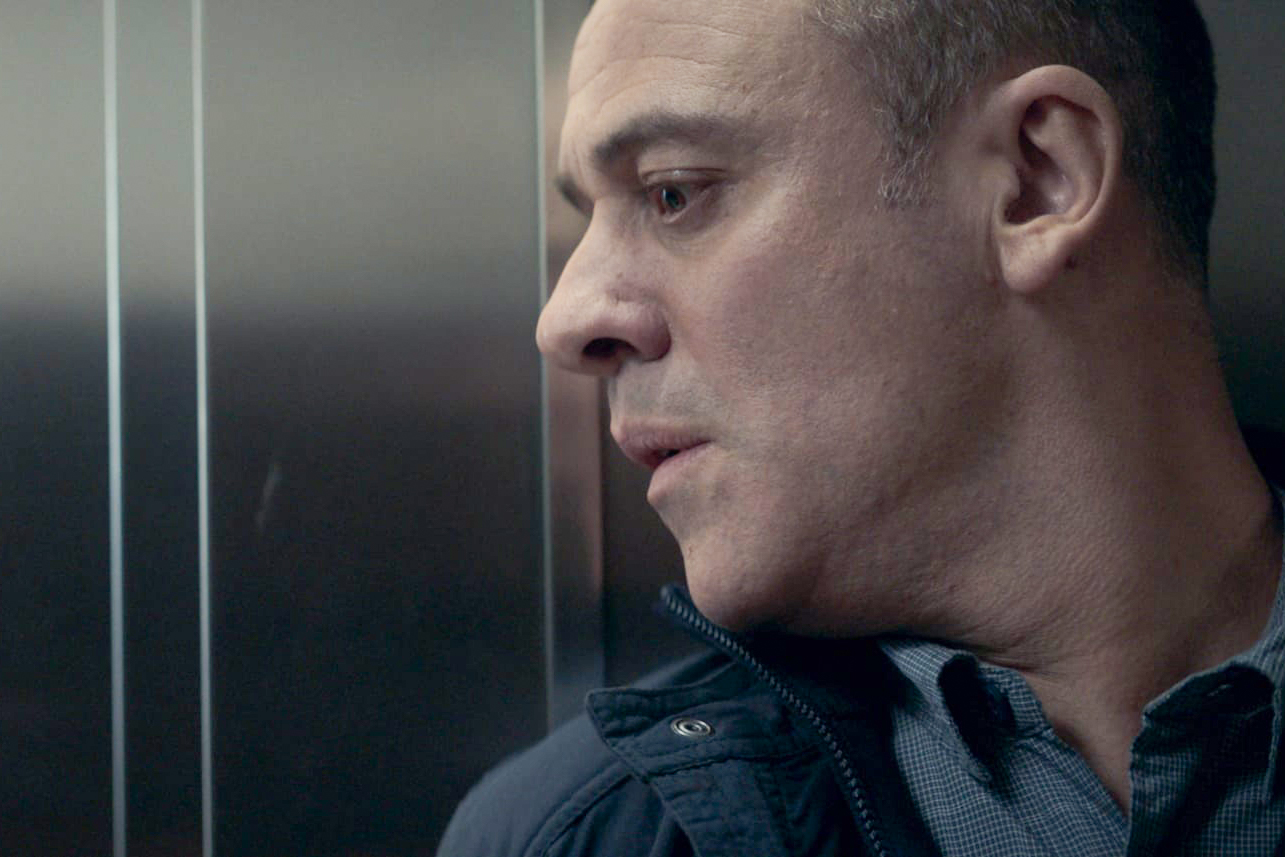Film Review:
The Occupant (Hogar)

Siblings David and Àlex Pastor helm this psychodramatic exercise in unease that doesn’t quite click, despite a strong and scary performance by Javier Gutiérrez.
The Pastors are internationally known for a pair of grim apocalyptic dramas (the American Carriers and the Spanish The Last Days), and yet this is a smaller, non-science fictional study of one man quietly cracking, and it uncomfortably demonstrates just how close we all are, every day, to ruin.
The 40something Javier Muñoz (Gutiérrez) has had a fairly illustrious career in advertising but now he’s middle-aged and unemployed, and we first see him in a job interview where he’s obviously failing to make a good impression. Gutiérrez allows us to feel his shame and pain, and yet, somehow, Javier is more than a little unsympathetic, and although he grows increasingly disturbed, we don’t feel especially sorry for him.
Strapped for cash, Javier is comforted and encouraged by his wife Marga (Ruth Díaz), and they’re eventually forced to move out of their fancy flat for somewhere cheaper, even though they know this will hurt their awkward, bullied son Dani (Cristian Muñoz). Javier also dismisses Dani’s fears that he’ll be further mocked for living in a supposedly poorer part of Barcelona, and yet it’s obvious that Javier himself is something of an entitled and hypocritical snob.
Naturally, Javier covets his old prosperous life, and this prompts him to start letting himself into his former apartment when the new owners aren’t home, leading to nostalgia-tinged hours of admiring the view, checking out the new owners’ possessions and even answering a call of nature. He later steps up the creepy quotient by sneakily befriending the tenants, Tomás (Mario Casas) and Lara (Bruna Casí), going for coffees with them, being invited back for dinner and telling both a bunch of lies about his supposed life.
We just know that the Pastors’ script is only going to get darker, and yet niggling improbabilities start cropping up and spoiling it, including a would-be-tense sequence where Javier is cornered in the apartment by Lara but manages to run and hide behind the kitchen counter despite always being in her eyeline. However, the biggest problem here, again, is that we don’t care about him, and our sympathies very much lie with Marga, Dani and particularly poor trusting Tomás.
Originally and fittingly titled Hogar (Home in Spanish), this also offers one of those endings that seems to baffle and frustrate everyone, although it’s actually pretty clear what’s happening, provided you watched the opening sequence closely – and you understand that Javier is a loon.